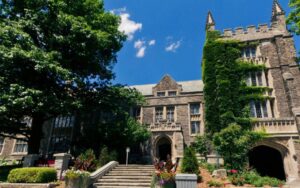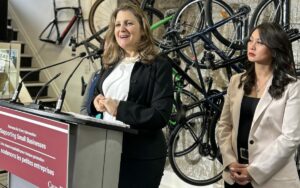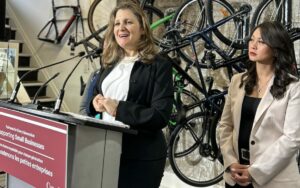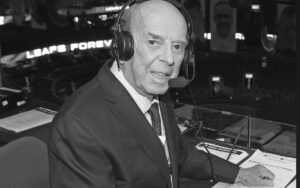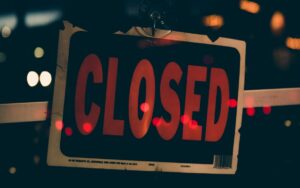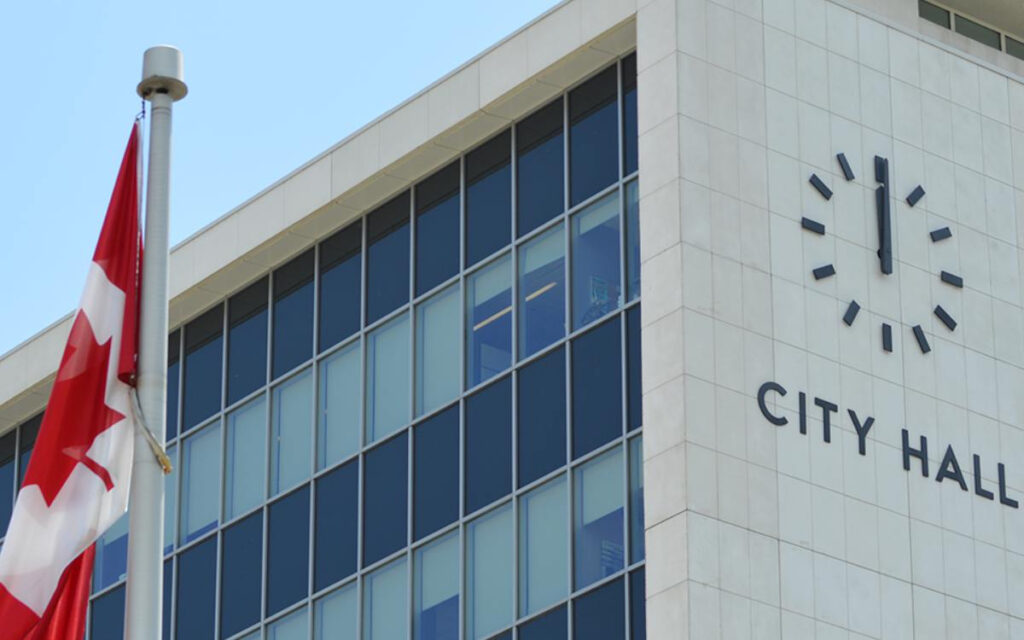
City staff will now come forward with the final bylaw for council approval in the near future, with councillors likely to clear their schedules this time to ensure that the vote passes. Photo Credit: X/City of Hamilton.
Hamilton City Council voted 9-6 to once again direct staff to create a bylaw putting in place a municipal vacant unit tax.
Council had approved the idea for a vacant unit tax back in January 2023 (10-5), but a procedural vote to confirm the bylaw in November 2023 failed unexpectedly 6-6.
Three councillors who were in support of the bill were absent for the November vote and the tax, which was supposed to be implemented in 2024, was delayed.
Those councillors were Cameron Kroetsch (Ward 2 – Downtown Hamilton), Nrinder Nann (Ward 3 – East Hamilton Centre), and Ted McMeekin (Ward 15 – East Flamborough-Waterdown).
Kroetsch later tweeted that he had “assumed [the vote] was a formality.”
Mayor Andrea Horwath, who is believed to support the idea, cannot vote on the matter, previously declaring a conflict of interest since she reportedly owns a property that is currently vacant.
The Hamilton Independent previously reported that a reconsideration of the tax would likely require two-thirds of Council support (i.e. ten votes).
However, a new motion was brought forward by Nann to see the tax implemented in 2025.
Thus, it only needed a majority of councillors to vote in support, which it received with nine in favour of the idea.
City staff will now come forward with the final bylaw for council approval in the near future, with councillors likely to clear their schedules this time to ensure that the vote passes.
A simple majority vote is required for that vote as well.
If it passes the final hurdle, a one per cent tax will apply to those owning properties of six units or fewer that are vacant for more than 183 days of the calendar year (approximately six months).
City of Hamilton staff estimate that there are between 880 and 1,135 homes that would be impacted by the tax.
Staff also project that the costs associated with implementing the tax will total $2.6 million and that annual operating expenses going forward will be $2.2 million.
They project that revenue from the tax in the first year of its implementation will be between $3.4 million and $4.3 million, but councillors voiced concerns that the program could eventually end up costing the city money.
There were also concerns from some councillors that residents will be taxed accidentally if they do not properly declare that their homes are occupied.
Exceptions will be made for those who are in hospital or for properties undergoing major renovations.
In theory, the tax is meant to encourage owners to rent or sell their empty properties, thus increasing the housing supply which will help to keep homes and rentals more affordable.
It remains to be seen if the bylaw will receive final approval and if the vacant unit tax will work as intended.
JANUARY 2024 VACANT UNIT TAX VOTE
IN FAVOUR (9): Maureen Wilson (Ward 1 – Chedoke-Cootes-Westdale), Cameron Kroetsch (Ward 2 – Downtown Hamilton), Nrinder Nann (Ward 3 – East Hamilton Centre), Tammy Hwang (Ward 4 – Hamilton East), John-Paul Danko (Ward 8 – West/Central Mountain), Mark Tadeson (Glanbrook-Binbrook-Mount Hope), Craig Cassar (Ward 12 – Ancaster-West Flamborough), Ted McMeekin (Ward 15 – East Flamborough-Waterdown)
AGAINST (6): Matt Francis (Ward 5 – Hamilton East-Stoney Creek), Tom Jackson (Ward 6 – East Mountain), Esther Pauls (Ward 7 – Central Mountain), Brad Clark (Ward 9 – Upper Stoney Creek), Jeff Beattie (Ward 10 – Stoney Creek-Fruitland-Winona), Mike Spadafora (Ward 14 – West Mountain)
ABSTAINED (1): Mayor Andrea Horwath

Based in Hamilton, he reaches hundreds of thousands of people monthly on Facebook, Instagram, TikTok, and Twitter. He has been published in The Hamilton Spectator, Stoney Creek News, and Bay Observer. He has also been a segment host with Cable 14 Hamilton. In 2017, he received the Chancellor Full Tuition Scholarship from the University of Ottawa (BA, 2022). He has also received the Governor General’s Academic Medal. He formerly worked in a non-partisan role on Parliament Hill in Ottawa.









